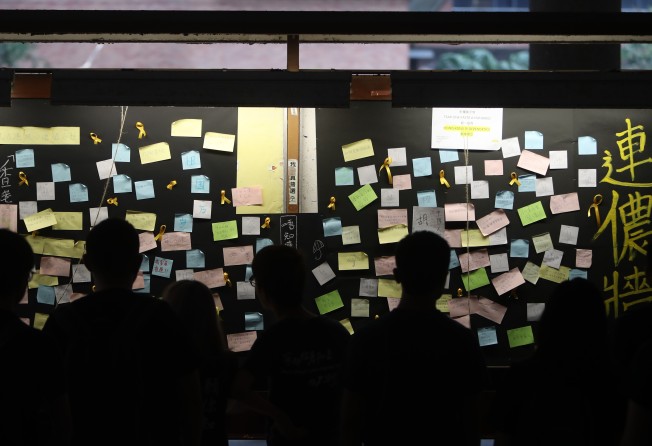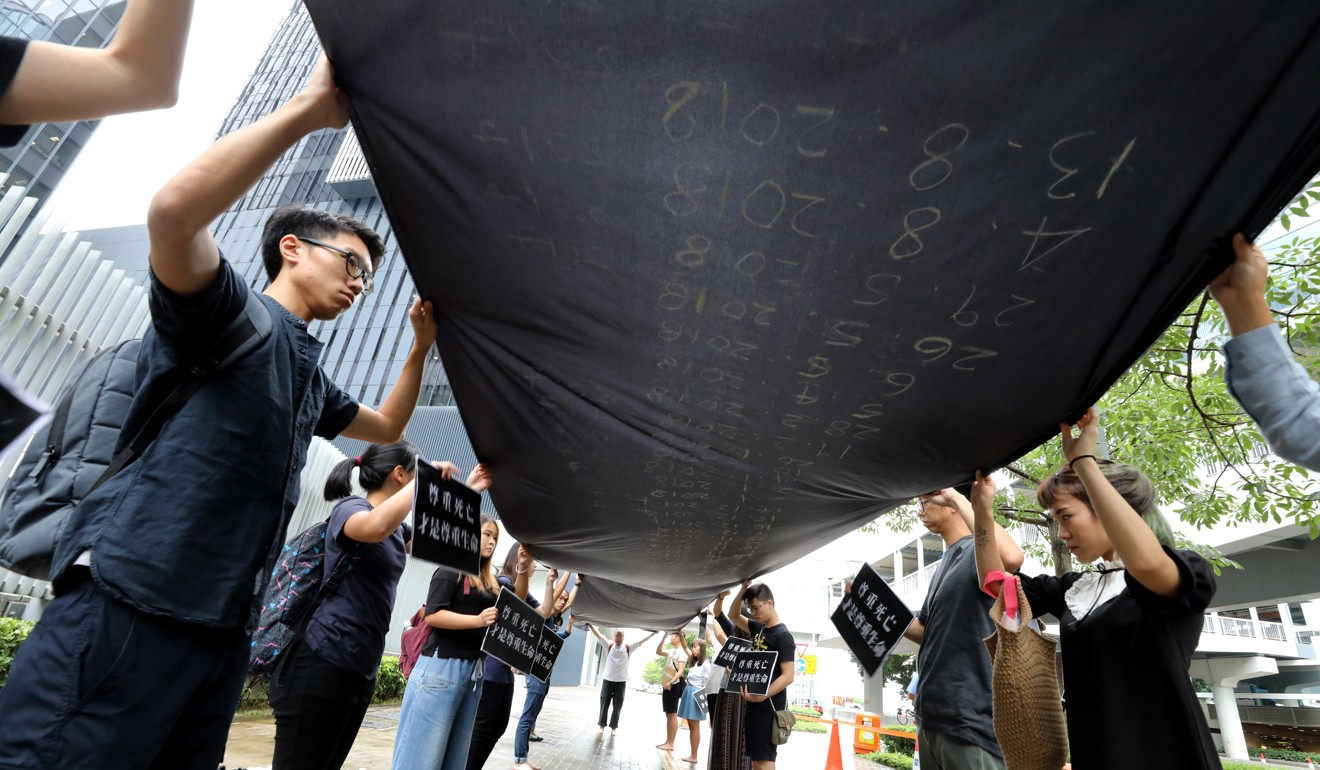Carrie Lam misread Hong Kong youth in her policy plan – they want more than material comforts

I am writing in response to Chief Executive Carrie Lam Cheng Yuet-ngor’s policy address last week (“From land development to maternity leave, five key takeaways from city leader’s blueprint for Hong Kong”, October 10).
Given the wide income disparities and surging cost of living in Hong Kong, the raft of measures Lam introduced in her policy address would appear to be targeted at easing Hongkongers’ livelihood stress. Moreover, since the government believes that Hong Kong youth today are resorting to violent protests and radical behaviour mainly because their material demands have not been met, some of these policies and proposals are no doubt meant to appease them too.
Therefore, land and housing policy initiatives were at the forefront of this policy address, followed by other economic and livelihood issues.
Lamentably, the government is wrong to think that young people are unhappy only because their material goals are being frustrated. Such views will only further alienate the young, rather than placate them.
Consider the recent social movements in Hong Kong, in which young people spoke up for the underprivileged and the vulnerable, on issues that went beyond their own petty concerns, ranging from democracy to sustainability.
Watch: Occupy leader Joshua Wong talks about prison and being the subject of a Netflix documentary
Hong Kong is often portrayed as a pragmatic and utilitarian society, but its youth show that they care about more than material pursuits. In fact, it is this too materialistic streak in mainstream society that is causing youth to lose trust and confidence in the government.
Young people want communication and negotiation, and are saddened that the government just wants to protect the status quo and is trying its best to avoid all sensible communication.
Without constructive dialogue, youth will turn to confrontation and violence. If the government does not try to initiate a breakthrough in the stand-off, it can expect to encounter more obstacles in its policymaking.
Although it sounds boring and repetitive, only constructive dialogue between the government and youth can reconnect stakeholders with different interests.

Carrie Lam claims that the overarching goal of her policy address is to rekindle hope for Hong Kong. The government should therefore summon the courage to initiate change. Instead of playing down the need to start a discussion on youth demands, it should encourage youth engagement to end the deadlock. A tokenistic gesture would simply fuel youth anger, without helping our city to advance.
Adrian Lam, Tai Koo